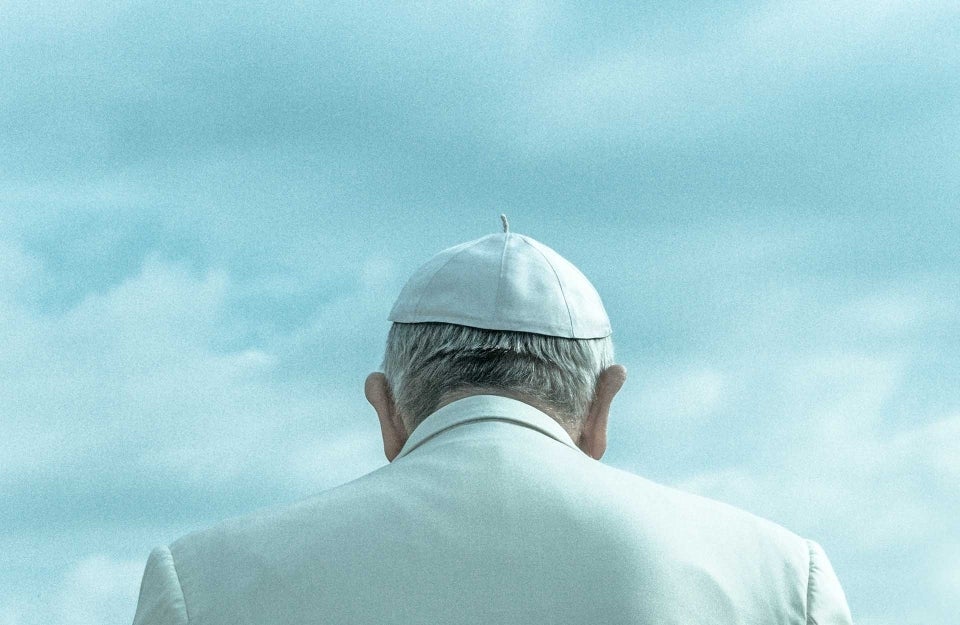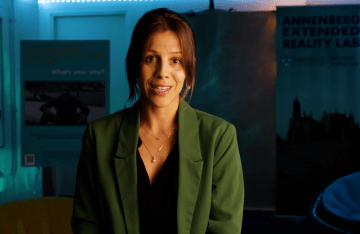Pope’s Encyclical Did Not Raise Broad Public Concern Over Climate Change
Study finds little overall change in concern among Catholics and non-Catholics.

Photo Credit: Nacho Arteaga / Unsplash
Pope Francis’ 2015 encyclical on the environment, “Laudato si’,” did not raise broad public concern about climate change among Catholics and non-Catholics, according to a new study from researchers at the Annenberg Public Policy Center.
The study “Cross-pressuring conservative Catholics? Effects of Pope Francis’ encyclical on the U.S. public opinion on climate change” found that awareness of the Pope’s encyclical was not associated with an increase in public concern over climate change. Researchers found that people who were more aware of the encyclical appeared to be more politically polarized in their view of climate change than people who weren’t aware of it. The study also found that conservative Catholics, “cross-pressured by the inconsistency between the pontiff’s views and those of their political allies,” devalued the Pope’s credibility on climate change.
The study, based on Annenberg Science Knowledge (ASK) surveys conducted before and after release of the papal letter, was published in the Springer journal Climatic Change.
The Pope’s encyclical, the first devoted to the environment, cited the scientific consensus on the existence and human causes of climate change. Before the encyclical’s release, the Pew Research Center reported that 71 percent of American Catholics believed climate change exists, on par with the general public. Catholics’ views broadly reflected the partisan split among Americans: 62 percent of Catholic Democrats believe in climate change and attribute it to human activity, while 24 percent of Catholic Republicans do.
The study sought to investigate whether a religious authority could influence public opinion on such a polarized topic. APPC researchers set out to examine the effect that the encyclical had by asking respondents whether they had heard about the encyclical, whether they believed that climate change is caused by humans, how serious a problem they thought climate change is, and whether they thought there is a scientific consensus on climate change.
Liberals who were more aware of the encyclical were more concerned about climate change and perceived more risks than liberals who weren’t aware of it, researchers found. Encyclical-aware conservatives expressed lower levels of concern than conservatives who weren’t aware of it.
Catholics attributed higher credibility to the Pope on climate change than non-Catholics, the study found.
“While Pope Francis’ environmental call may have increased some individuals’ concerns about climate change, it backfired with conservative Catholics and non-Catholics, who not only resisted the message but defended their pre-existing beliefs by devaluing the pope’s credibility on climate change,” says lead author Nan Li, a former APPC postdoctoral fellow who is now an assistant professor at Texas Tech University.
The study suggests that the “worldviews, political identities and group norms that lead conservative Catholics to deny climate change override their deference to religious authority when judging the reality and risks of this phenomenon.”
The study was based on 1,381 20-minute phone interviews conducted a week before the release of the encyclical on June 18, 2015, and another 1,374 interviews two weeks after it was released. Interviews were conducted for APPC by Abt SRBI. The Annenberg Science Knowledge survey, which investigates public knowledge on issues such as climate change, Zika virus, and genetically modified organisms, is directed by APPC director Kathleen Hall Jamieson and managed by APPC managing director of survey research Ken Winneg.
In addition to Li, the authors of the study were APPC postdoctoral fellow Joseph Hilgard, former APPC visiting scholar Dietram A. Scheufele of the University of Wisconsin-Madison, Winneg and Jamieson.
Click here to read the study on the Springer site. This news release can be downloaded here.
Media Contact
Michael Rozansky
(215) 746-0202
michael.rozansky@appc.upenn.edu



